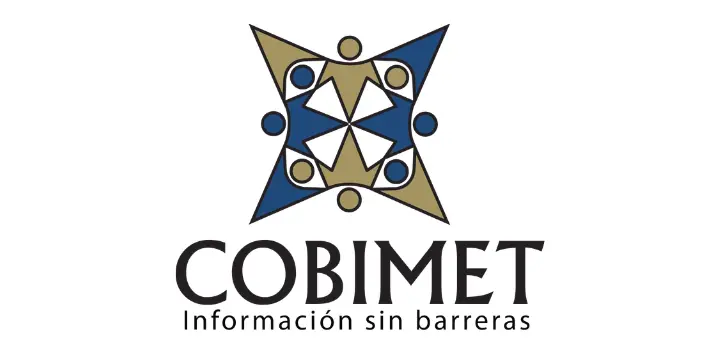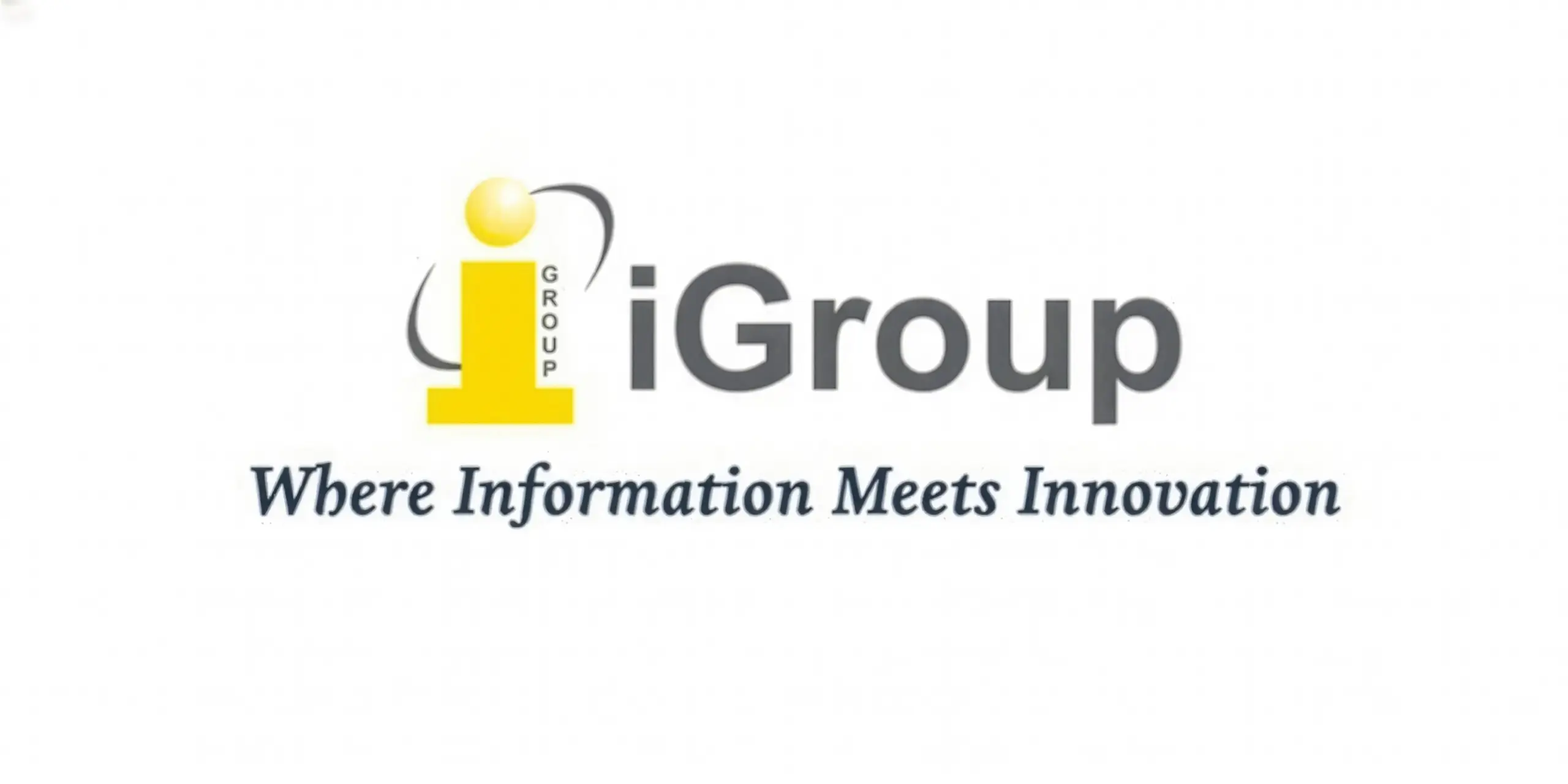Kortext’s latest research has highlighted the increasing importance of the library in its support for both the teaching and learning function of a university as well as research, especially as universities move towards a more blended learning environment. Librarians representing over 80 separate UK and Irish HE institutions indicate that this will be an evolving role over the coming months and years, with even more focus on student experience and how this connects into teaching and learning. Below are some key findings from the survey.
The immediate demands of delivering a more blended learning model are significant, especially with the next academic year in sight. There seems to be a growing consensus among university leaders that, while the explosion in online learning did not come about in the way the sector would have chosen, this change represents an acceleration of an already established trend. Given the pandemic, many universities significantly increased their investment into this journey with a review of course design, the creation and delivery of digital course materials as well as training and development for teaching staff. The pandemic also led to a significant impact on libraries who were suddenly asked by faculty to ensure that all students had access to course textbooks in digital form.
This rapid switch from print to digital content has also enabled a completely different way of thinking about the course materials and reading required for academic study. By integrating the materials into the course through the VLE, the student experience and student engagement can be significantly improved. In addition, by supporting students in this way the way, anecdotally they feel ‘more connected with their course and their fellow students’.
Indeed, from a student’s perspective, all signs point to the digital sphere, which is supported by the recent Pearson/WonkHe survey. This indicated a strong desire from students to have all their learning resources available digitally through the VLE. But how do librarians feel about this, and their evolving role in this digital transition? Most seem to be up for the challenge and see themselves, as we see them, being crucial to “inspiring, enabling and enhancing world class teaching, learning, research and clinical care provision through use of our expertise, collections, facilities and services”.
Indeed, “The library is still the central hub that brings staff and students together online or in person, to research, promote and advance the disciplines on offer”. And whilst the e-Library’s role is to help up-to-date, credible and relevant information, be easier to discover for all, the actual Librarian is a “powerful search engine with a heart”. “The librarian is one that listens and understands, the information requirements of others, the content that is available and provides a response in a format that matches need, to supplement both teaching and learning”.
Focussing on this explosion of online learning, 88% of respondents to our questionnaire have purchased e-Textbooks in the last 12 months with 87% increasing their spend. For those that have remained analogue, cost and models have been the main barrier a matter we will come back to.
While Kortext is the lead supplier for eTextbooks, libraries are still using a wide selection of suppliers generally and given the huge variety in models offered by both publishers and aggregators this is not a surprise. However, given the importance beginning to be placed on the student experience in relation to digital learning, as well as the requirements for detailed analytics reporting on engagement and study patterns, the selection of the delivery platform and how it supports both academics and students will only increase in importance. The actual supply of the content will in fact becoming ever more commoditised.
Interestingly, value for money was cited as the most important factor in supply, however it is unclear if this relates to the cost of the content only, as opposed to the added value derived from the use of the platform. This is interesting as most requests for pricing, only focus on the cost of the content, rather than the capabilities of the platform being used in terms of how it supports better teaching and learning.
The diagram below illustrates that libraries consider that there is a wide variety of factors that are important in the provision of eTextbooks:
Clearly, value for money is key, as is license type and range of content available. These factors are a real focus with us as we strive to work with Jisc to use our sector wide spend to bring publishers to the table around the pricing and models they offer and / or allow to be offered. This is an area that is evolving quickly and so do please speak with your Kortext Regional Manager on this for more information.
Reflecting on the role of the library in this evolving, blended learning environment, both the student and academic experience score strongly, as does the importance of analytics. Of course, these not only help support the evaluation of content, how it has been used and its relative value, but they can also be of critical importance to faculty and individual teaching staff to help understand relative student engagement at the module level. Indeed, we are seeing more and more use of analytics in helping to identify at risk students and drive better support mechanisms for them. The use and promotion of these added value platform features are expected to continue to grow in importance for both the library as well as the student and faculty. The road ahead is not the same as the one travelled down!
These elements are born out in the questions around choice of supplier. Flexibility around organisation size and focus is important as there needs to be an ability and willingness to “negotiate licences and prices that fit the size and type of university” One size does not fit all”. But the point is made that “Value for money, customer service, analytics functions and range of content all play a part.”
In the survey, we asked about the deployment of Microsoft Teams in your institution and 89% of you are using Teams in one way or another. Kortext has become the only eTextbook platform that has an approved Teams app, enabling students and academics to share, comment and collaborate on content directly from within MS Teams. While we also support collaboration from within the VLE’s, we are seeing significant use of Teams by teaching staff and there is considerable interest in how we can help bring content into this environment to support class collaboration.
Another major theme from the survey is, how the library can provide access to the content students and lecturers need when they need it. This has several elements; Libraries will need to be adequately funded, yet only 21% of respondents definitely feel that this will be the case.
Clearly, up to this point, the budgets to support students with content availability have been only a very small percentage of the overall library budget, with the vast majority of the materials spend going on research journals, monographs and databases. (This spend equates to some £282 per student per year, based on the 2.4m students at UK universities of 2.4m). There are clear decisions for universities to now make around the funding required to deliver all the learning materials to students, something that has traditionally been left to students to fund themselves.
Given the changes to the way universities work, the switch to a more blended learning model, the ever-growing requirement for more data, and the need for content pricing and access models to evolve, we at Kortext are very aware of the need to work with organisations such as Jisc, SUPC, University teaching and student experience teams, as well as the publishers themselves, to deliver cost effective solutions. These solutions will be linked to the benefits of integrated acquisition workflows, insightful analytics, collaborative teaching and learning platforms, not forgetting excellence in customer support!
Ultimately, one final quote sums up the feelings in the survey. “Experience for the student is critical – seamless onboarding that integrates with SSO and ensures students get to the right content is key”.
Kortext is committed to working with the sector and in partnership every HE library in the UK and beyond to make this happen. We strive to deliver the best experience possible to students across the country and so fulfil our purpose “to help to educate the next generation of difference makers”!
Contact us for more information.






